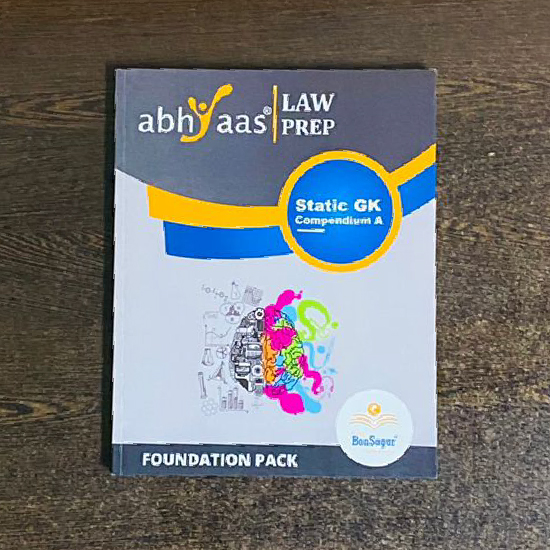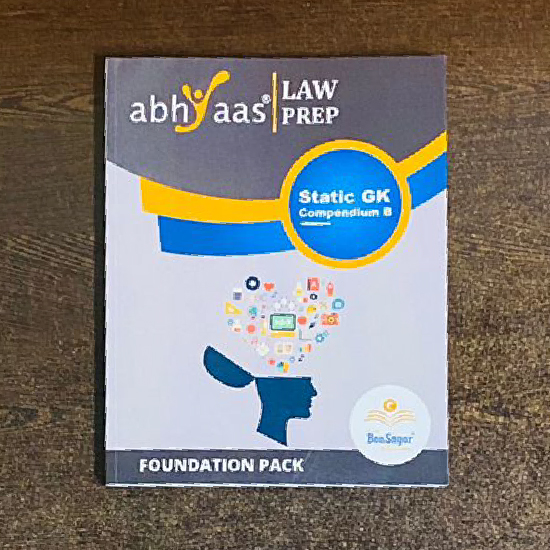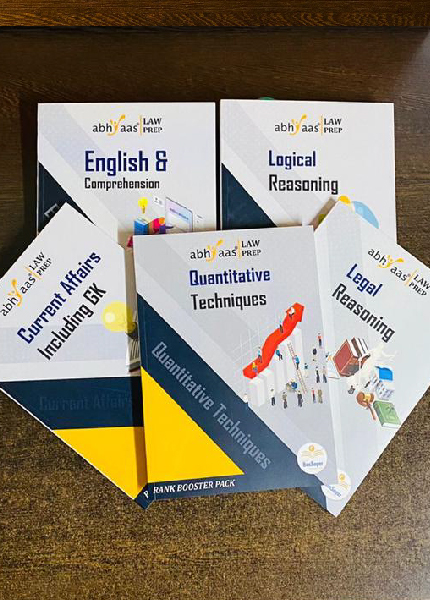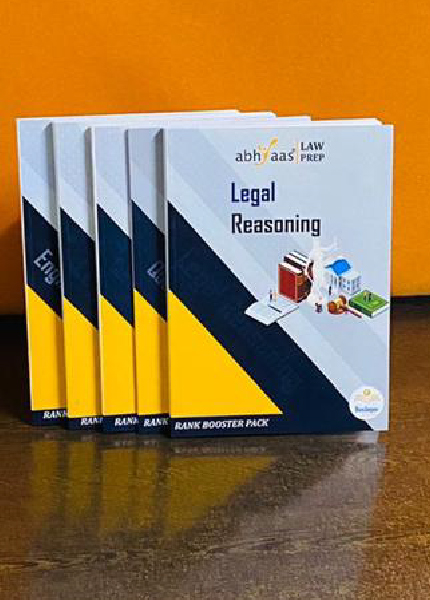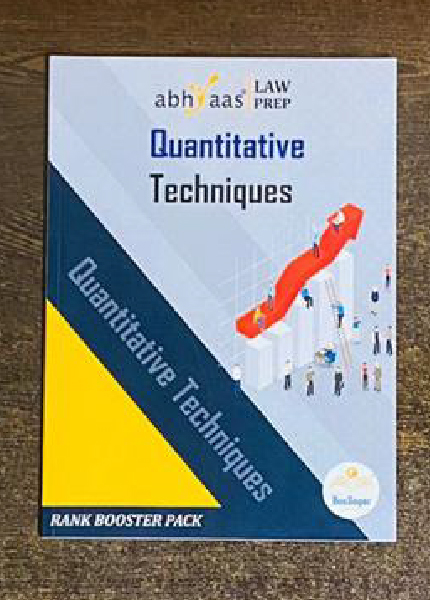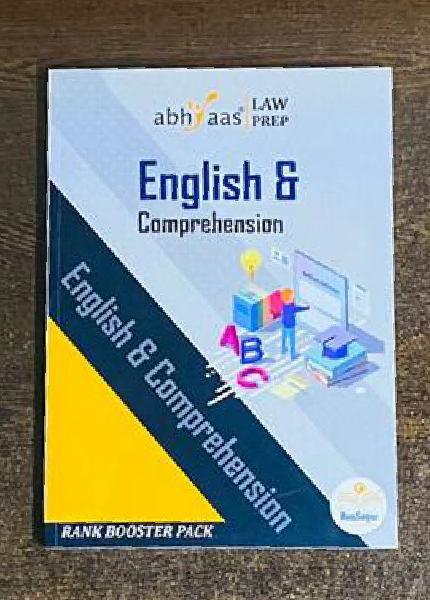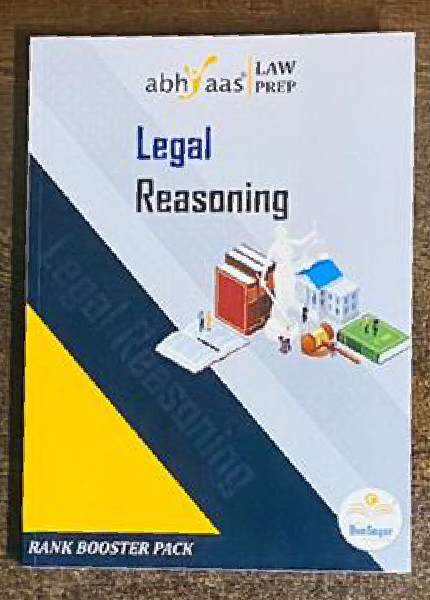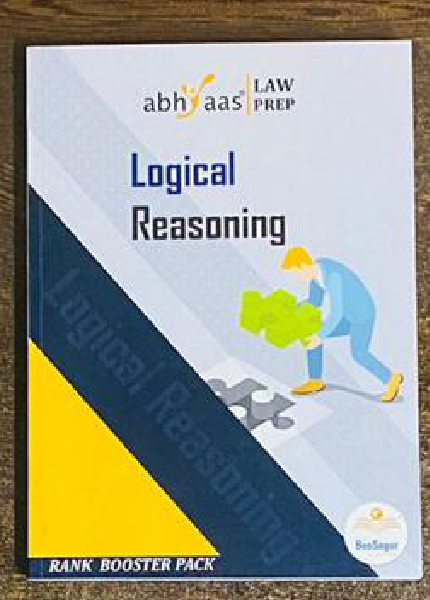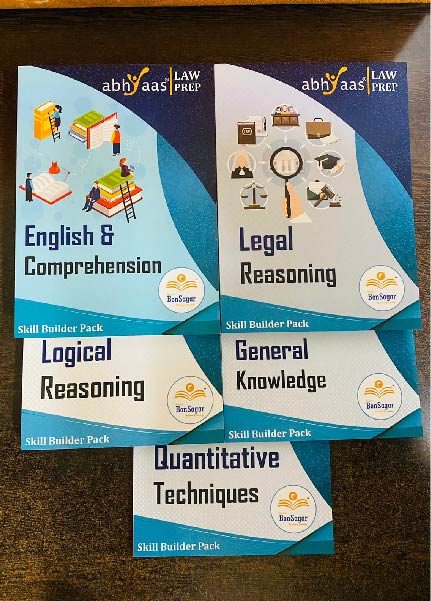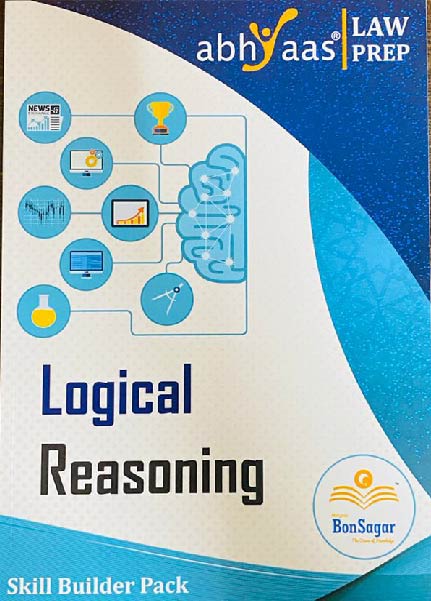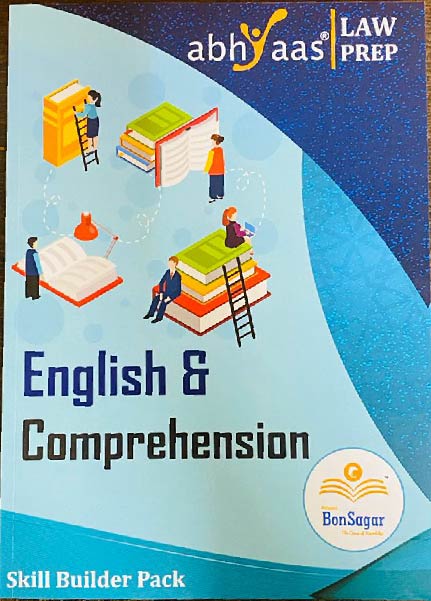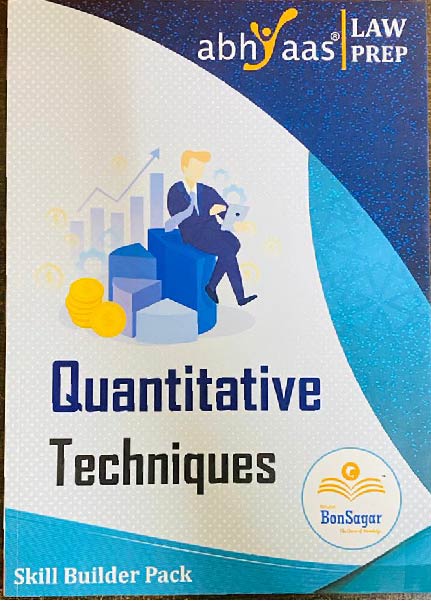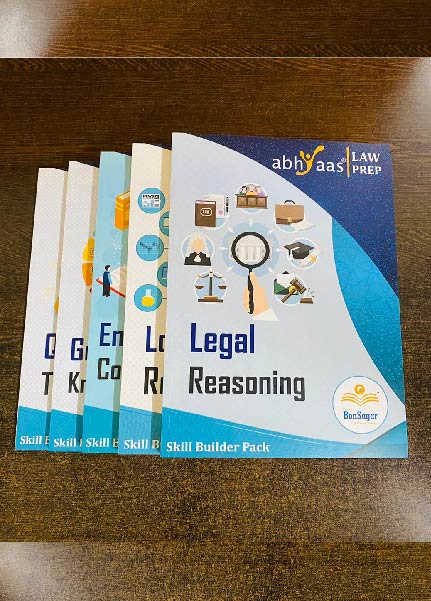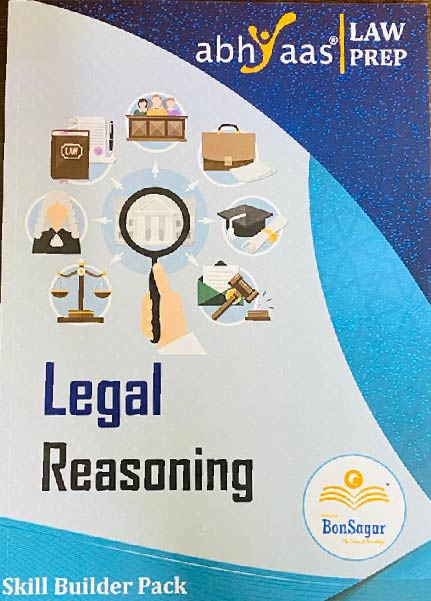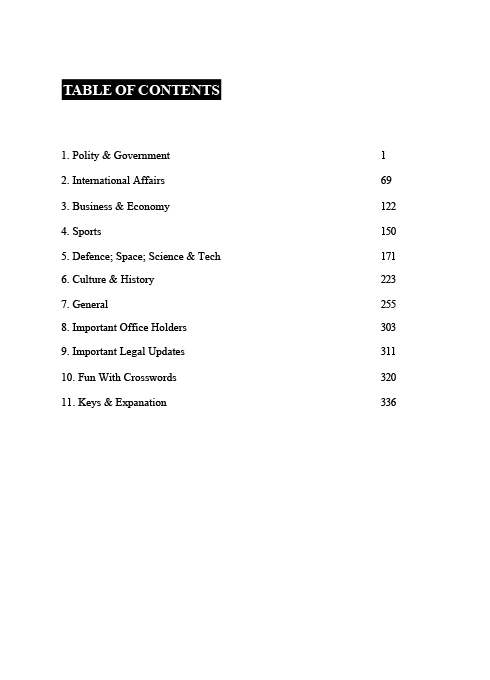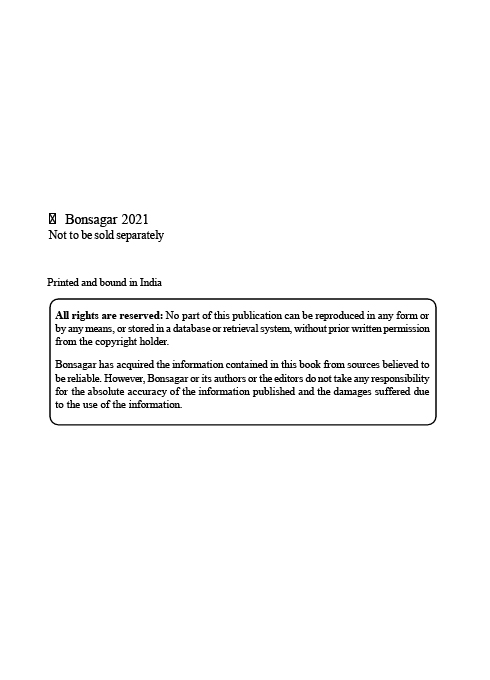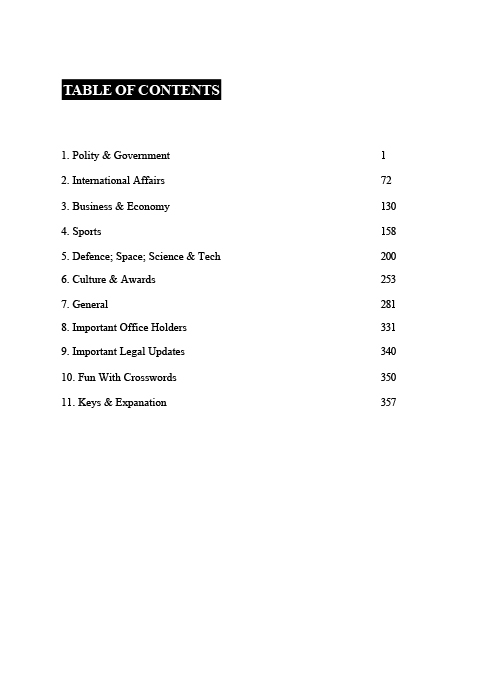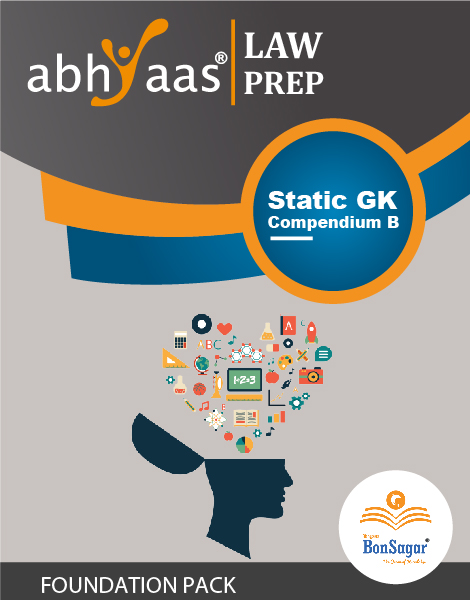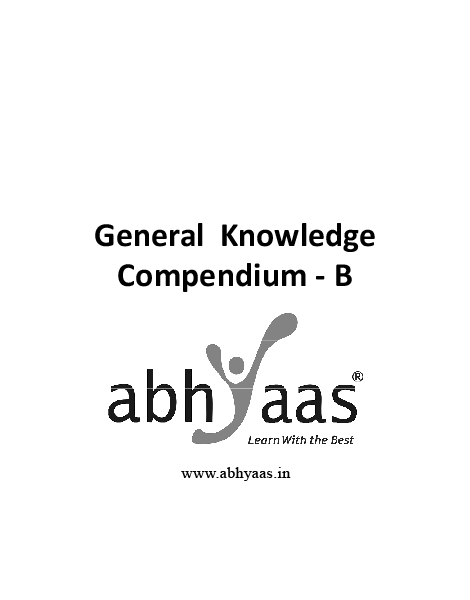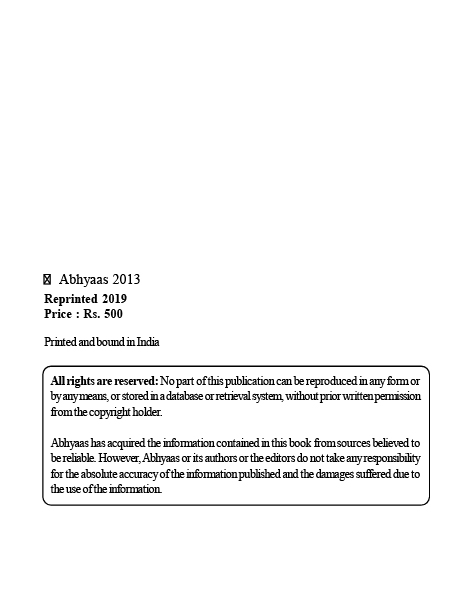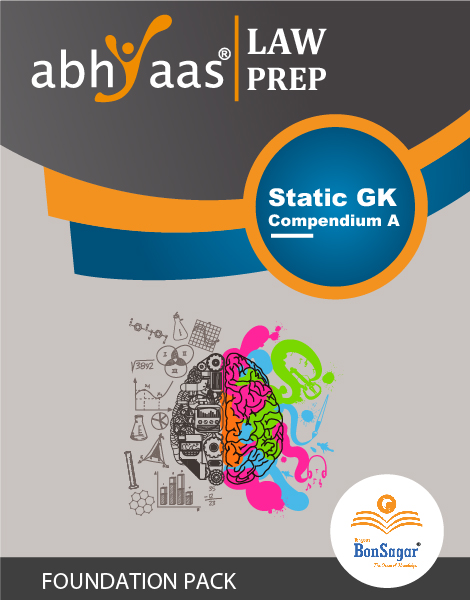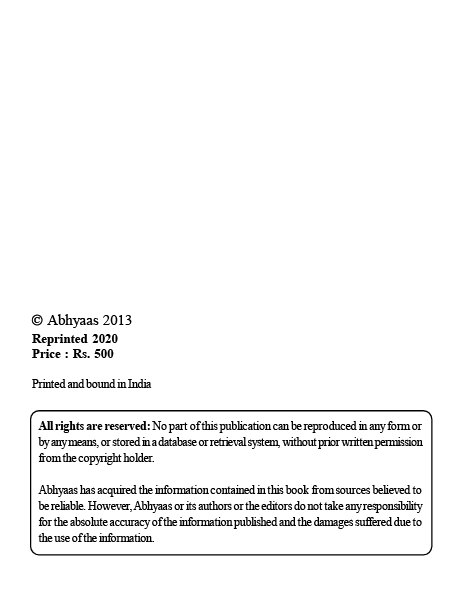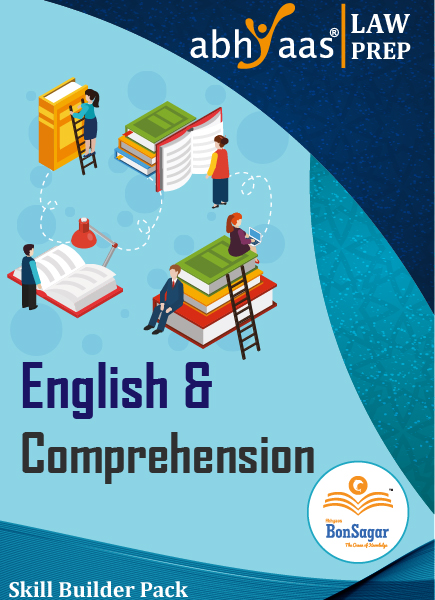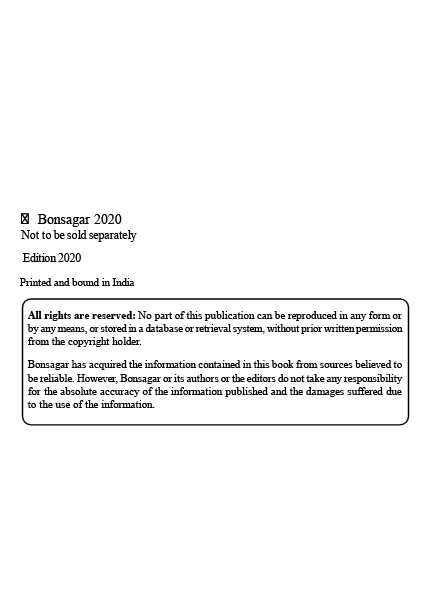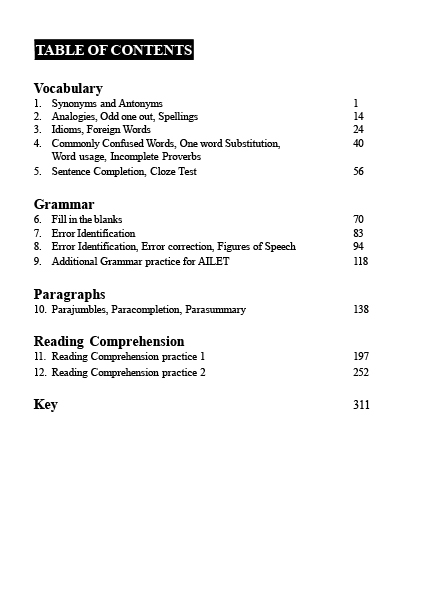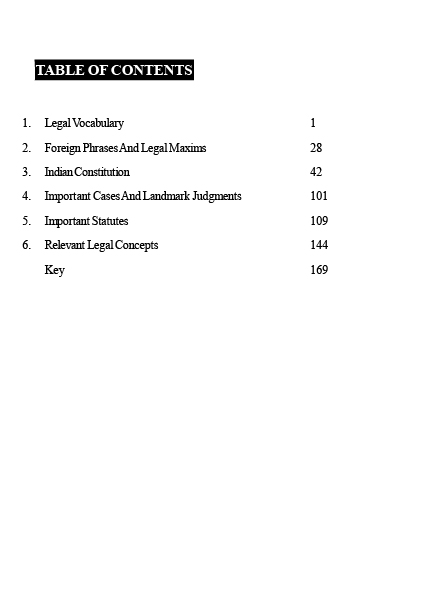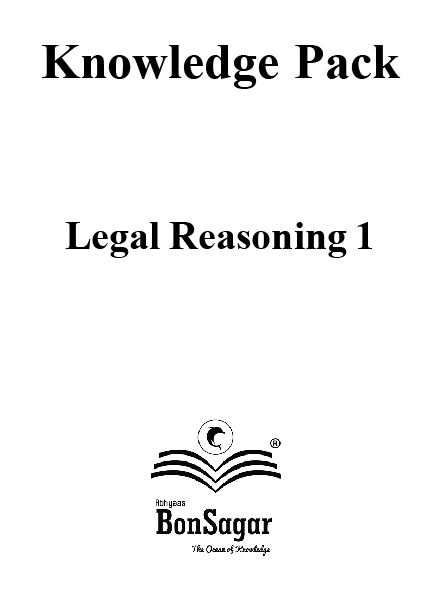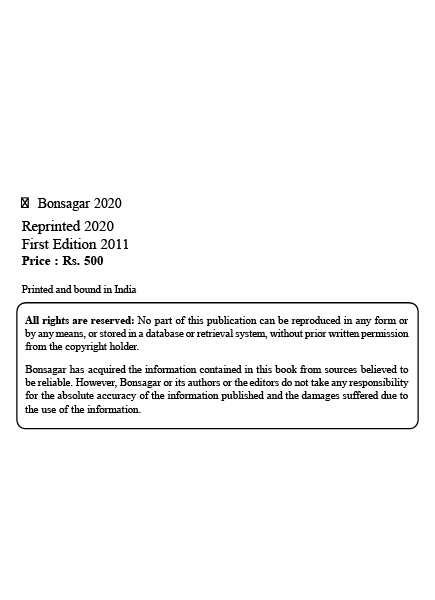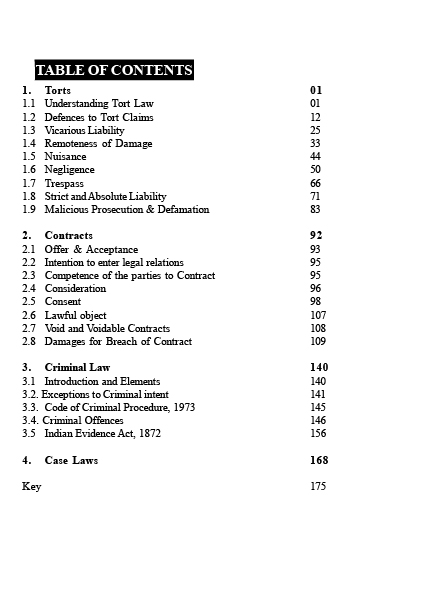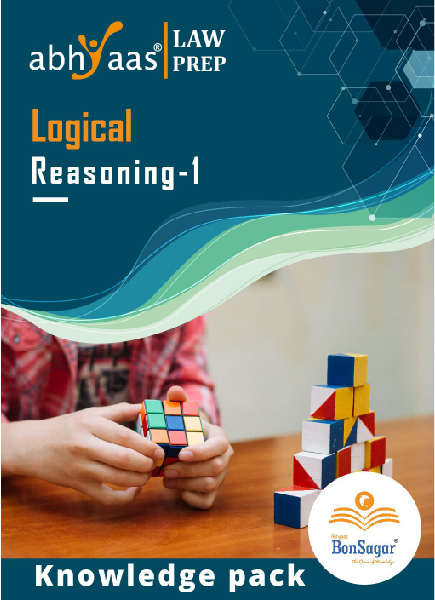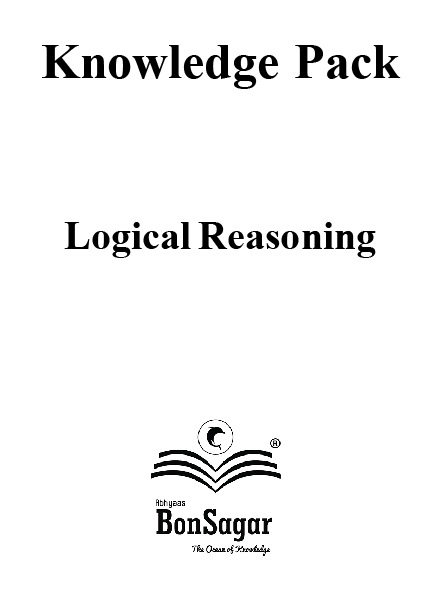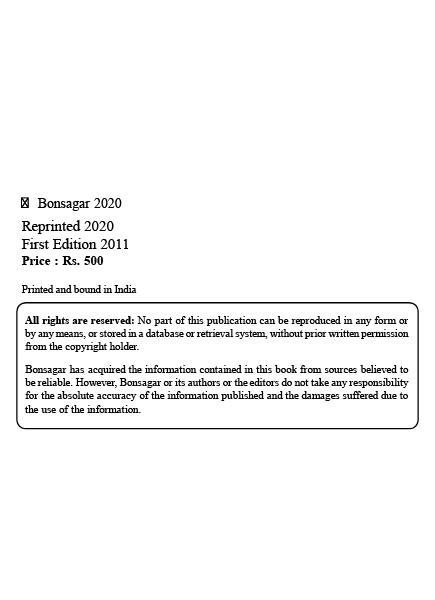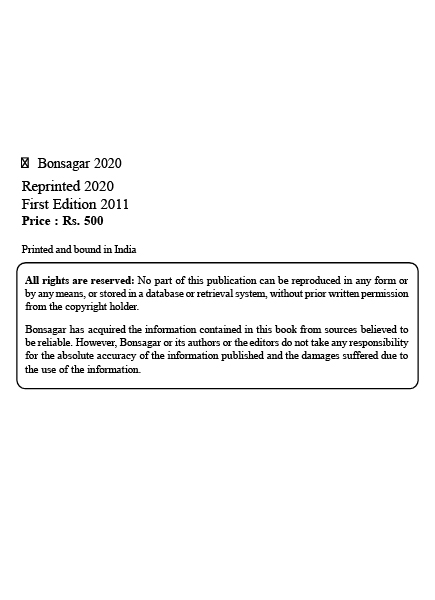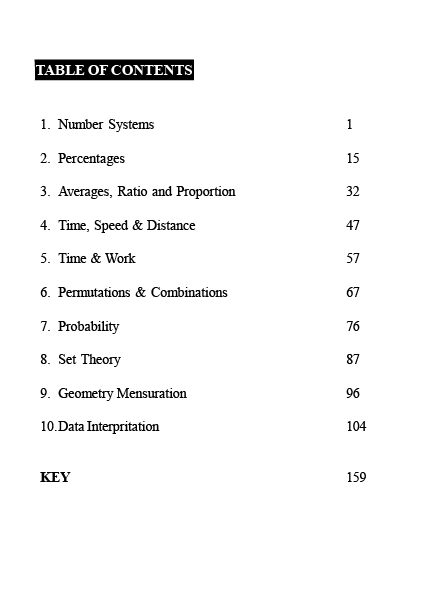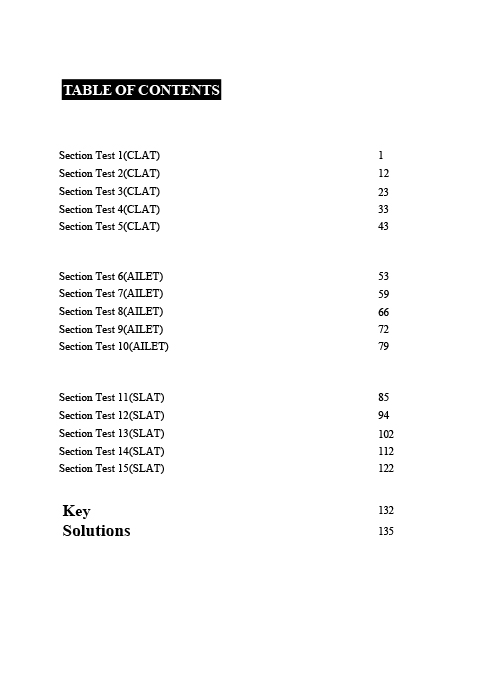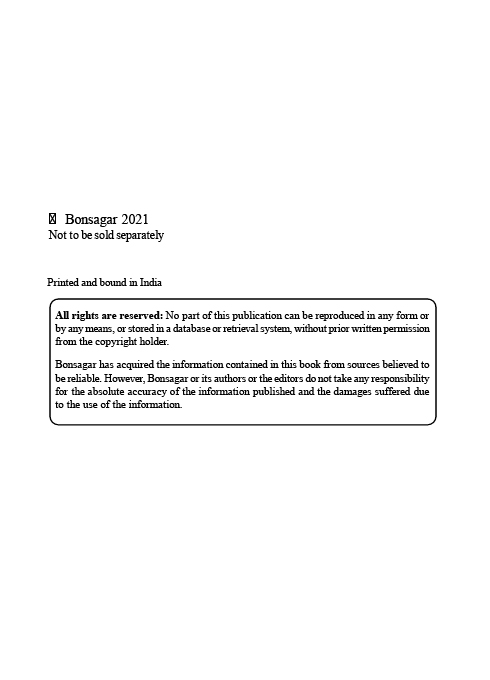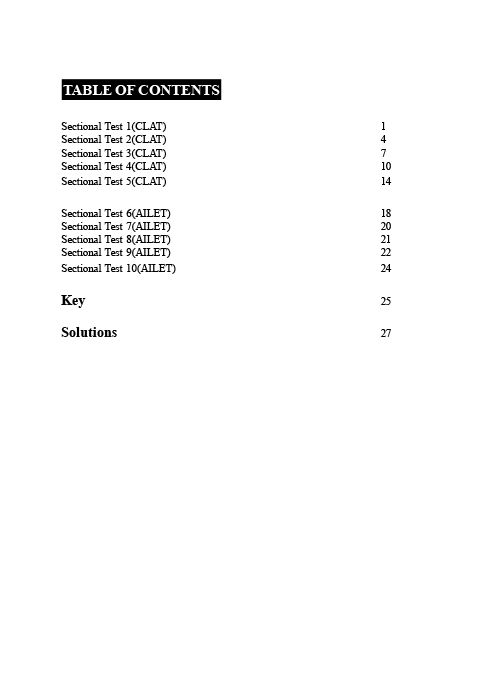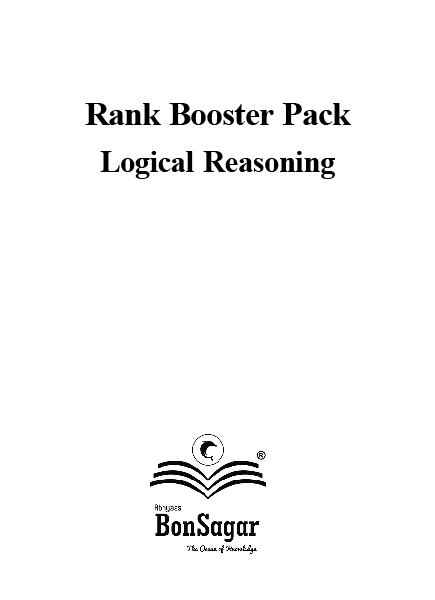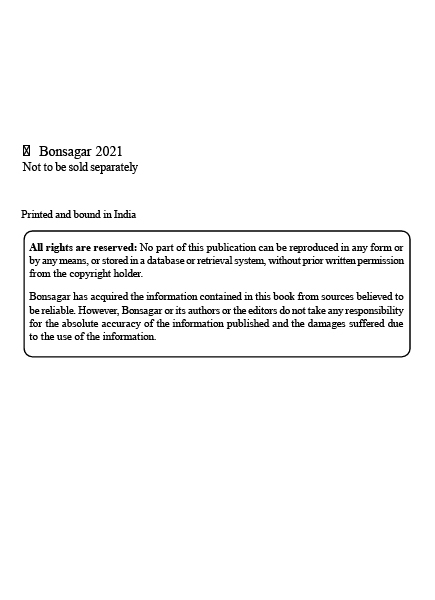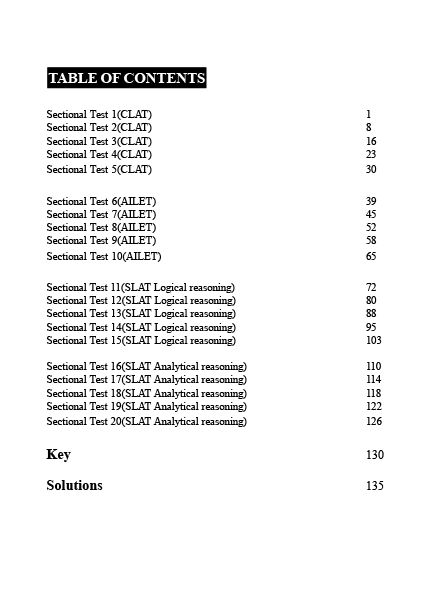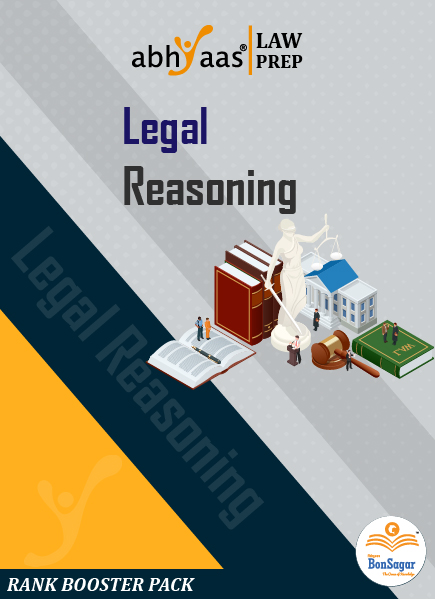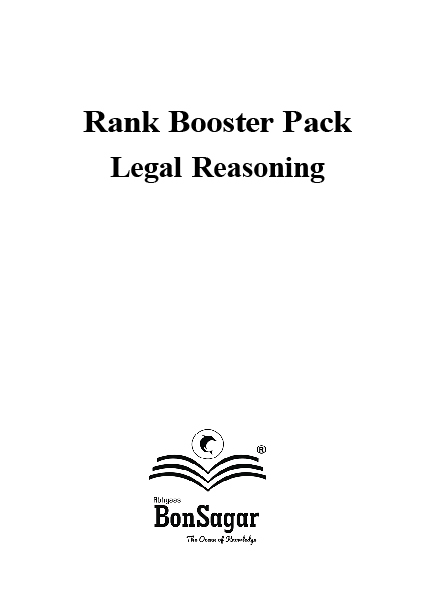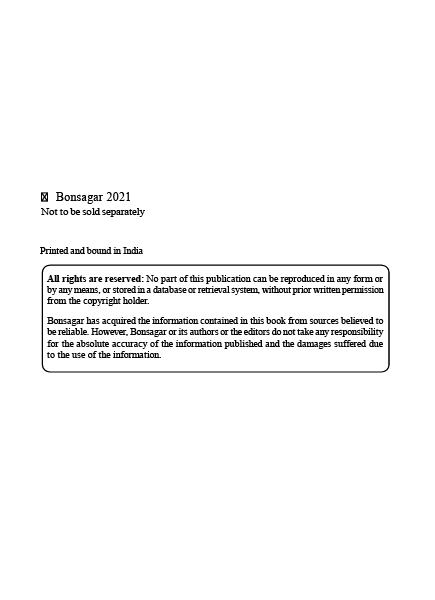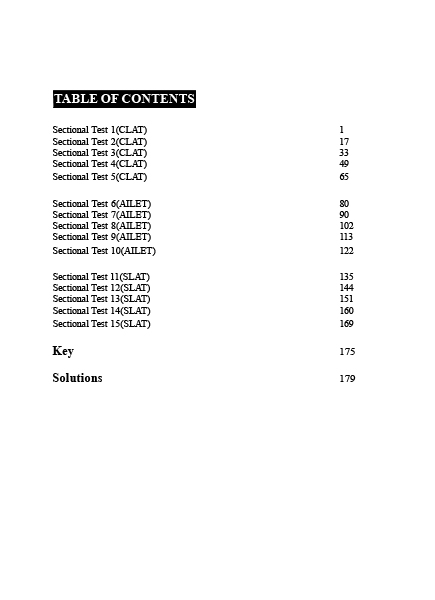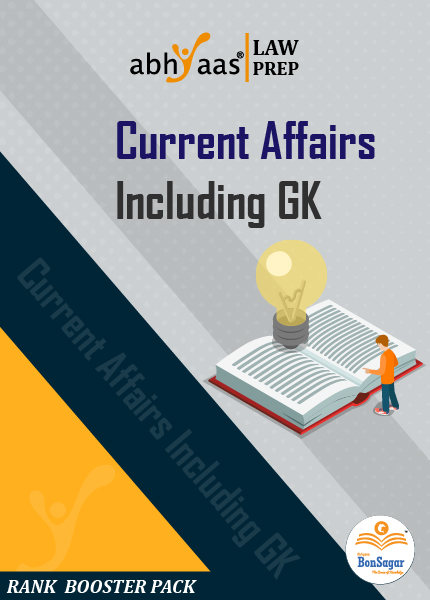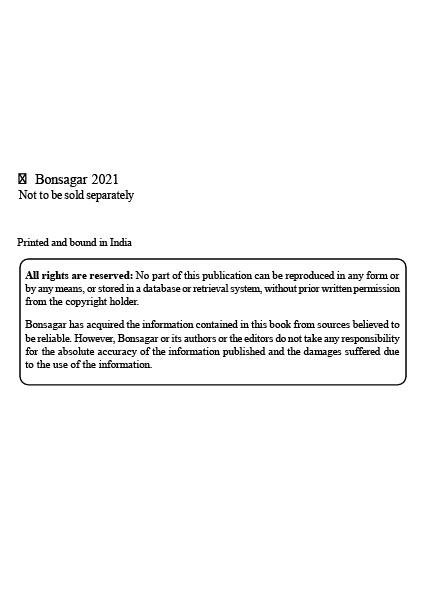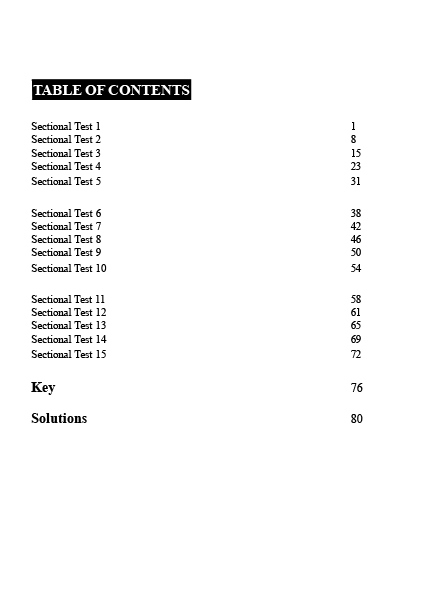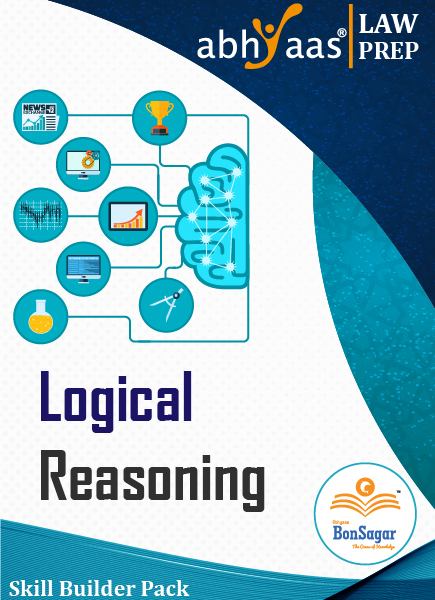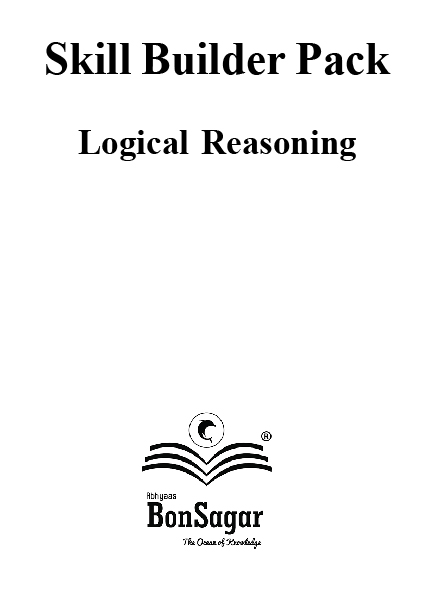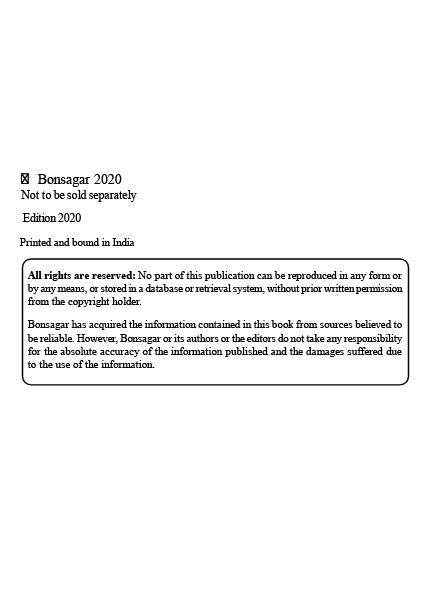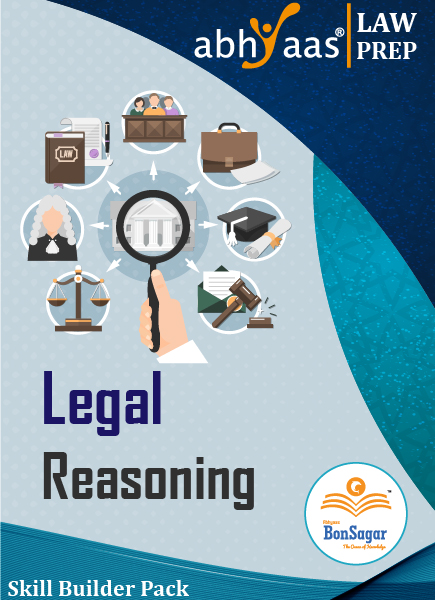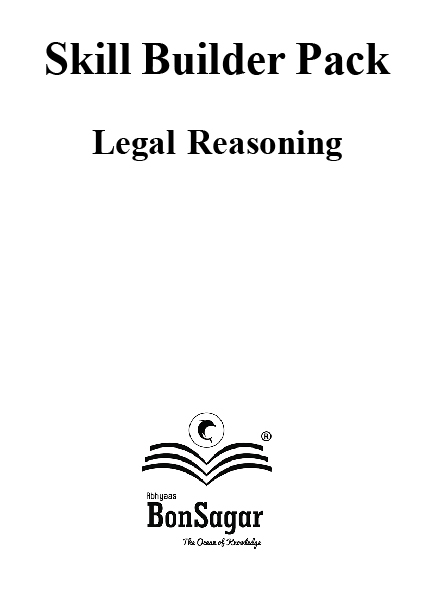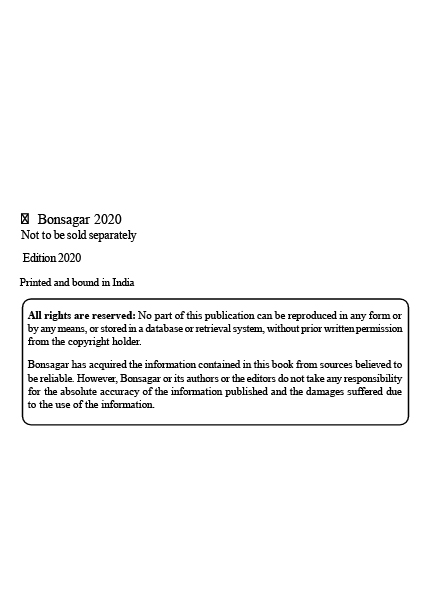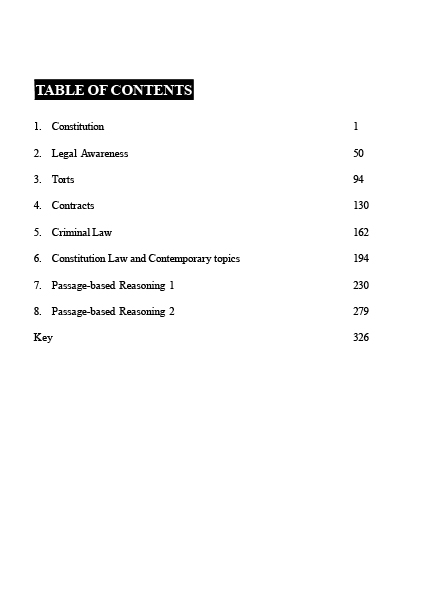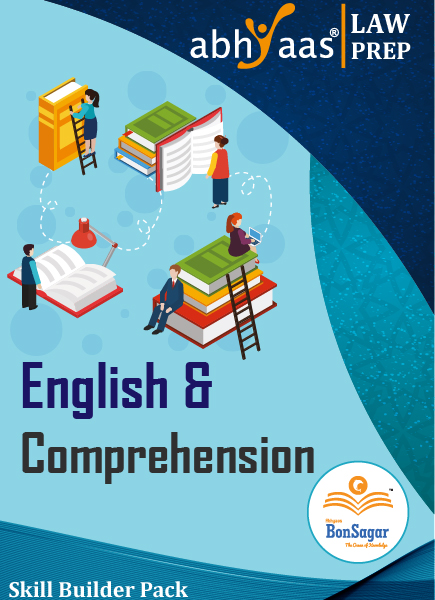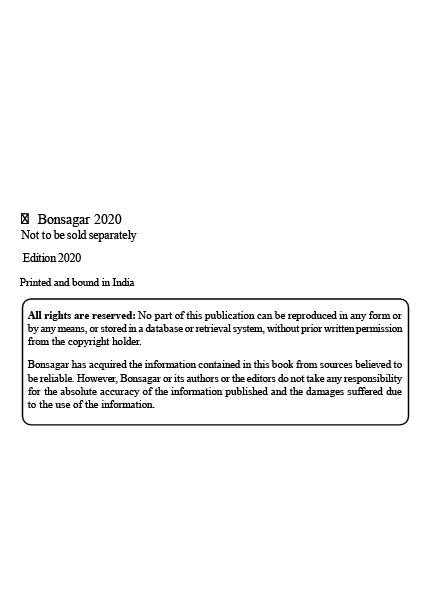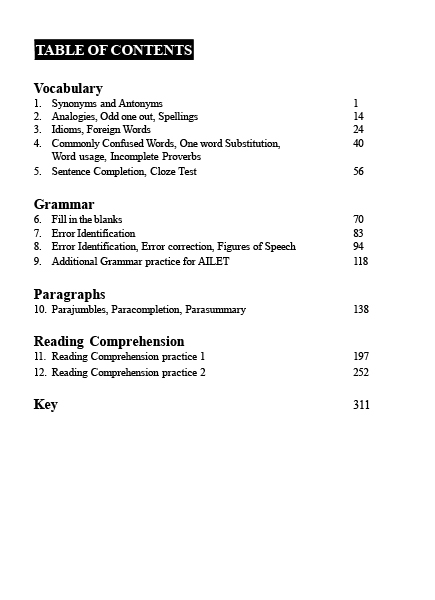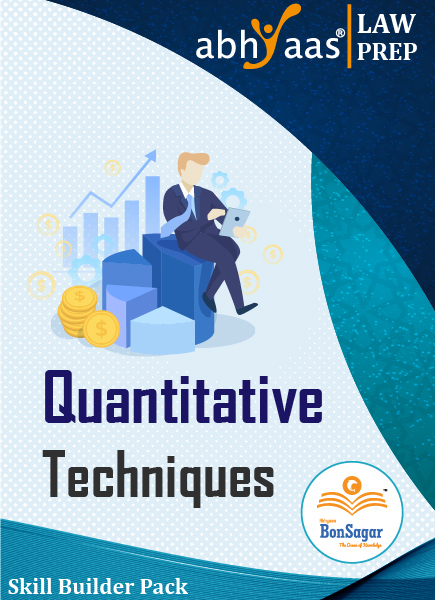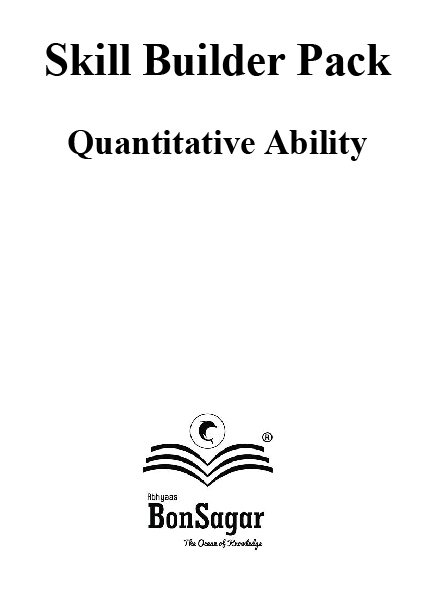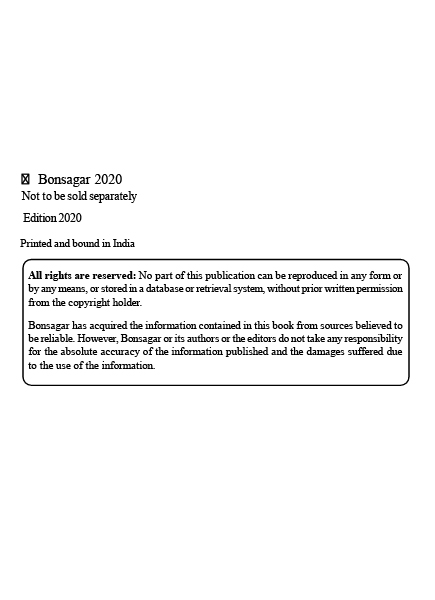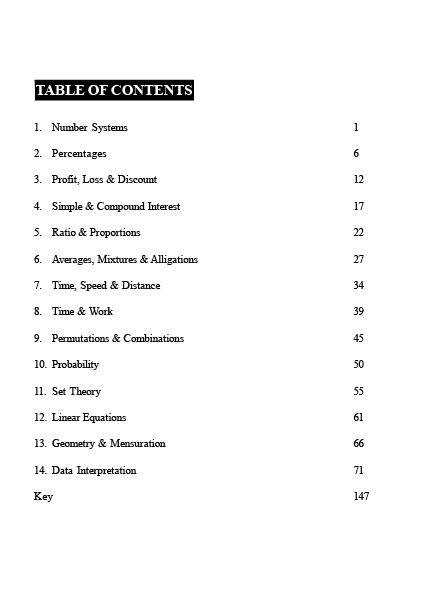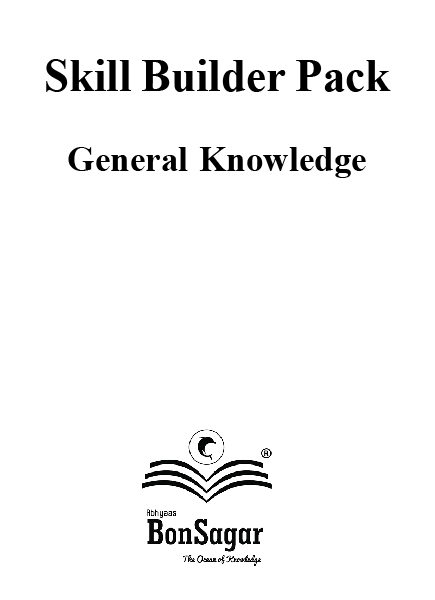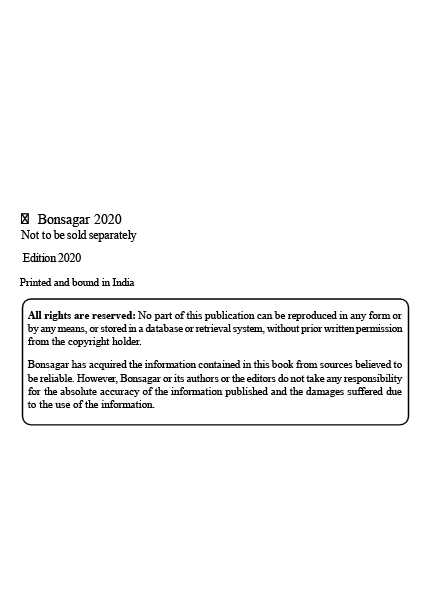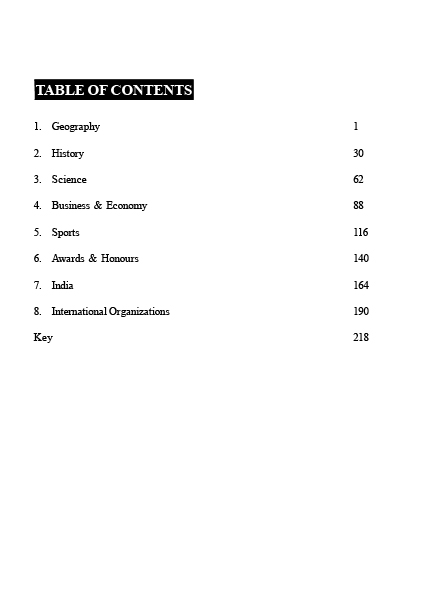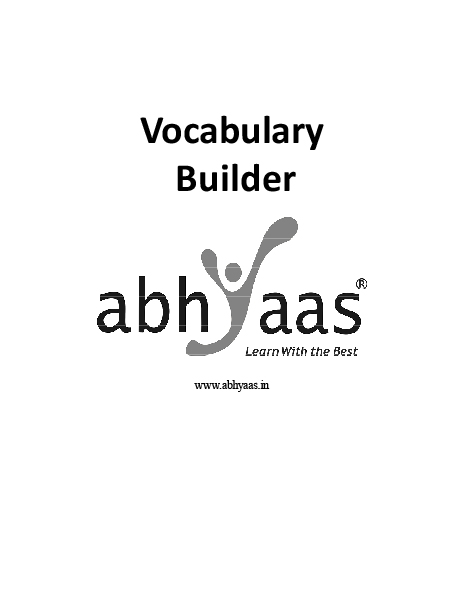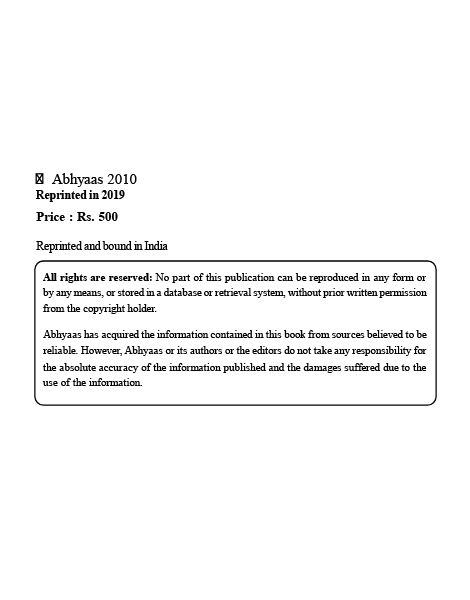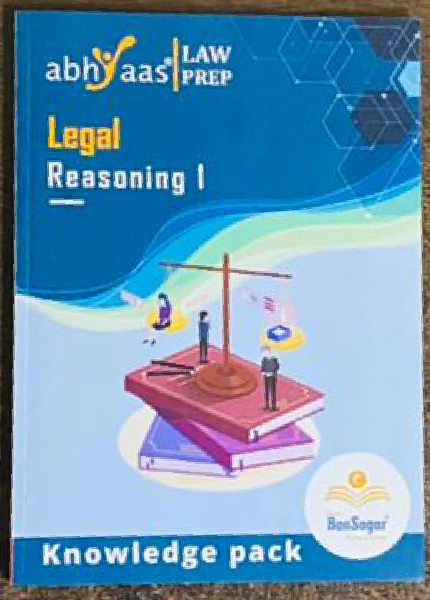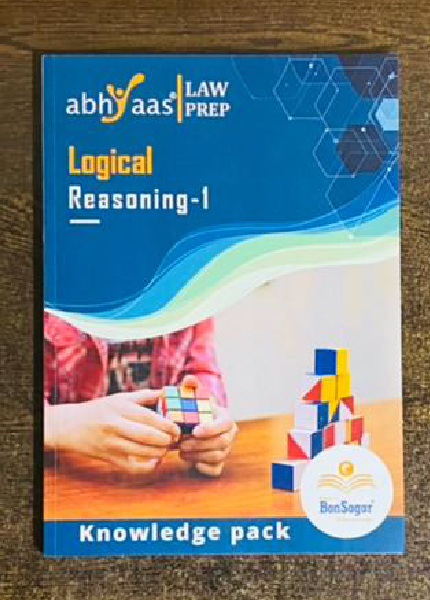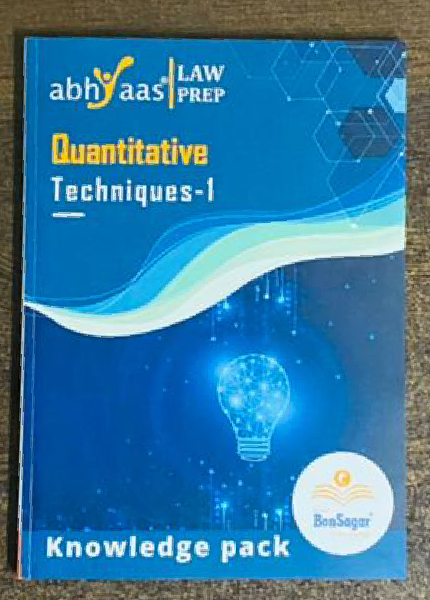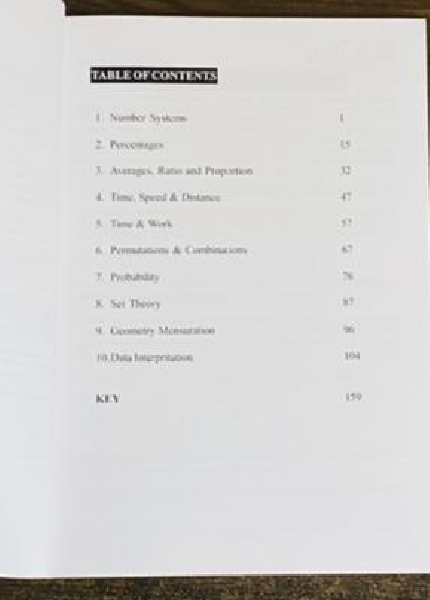Balancing Board Exams and CLAT Preparation
Introduction:
The journey from high school to college is a pivotal phase in every student’s life. This transition is marked by the challenges of board examinations and the aspirations of gaining admission to a prestigious law school through exams like the Common Law Admission Test (CLAT). Balancing both endeavors can be daunting, but with effective planning and a strategic approach, students can navigate through this crucial period successfully.
Understanding the Importance of Board Exams and CLAT:
Board Exams:
Board examinations are a fundamental component of a student’s academic journey. They not only serve as a benchmark for academic proficiency but also play a crucial role in determining college admissions. Scoring well in board exams is essential for gaining entry into reputed colleges and universities, setting the foundation for one’s higher education.
CLAT:
On the other hand, the CLAT is a competitive entrance exam that opens the gateway to some of the most esteemed law schools in the country. Aspiring law students need to excel in CLAT to secure admission into programs that can shape their legal careers. The CLAT exam assesses a candidate’s aptitude in areas like English, Mathematics, Logical Reasoning, Legal Aptitude, and General Knowledge.
Balancing Act: Tips for Managing Board Exams and CLAT Preparation:
Create a Realistic Schedule:
Develop a detailed schedule that allocates sufficient time for both board exam preparation and CLAT studies. Factor in the weightage of each subject in the board exams and prioritize accordingly. Ensure that you allocate dedicated slots for CLAT-specific subjects, so you cover all the essential topics.
Identify Overlapping Topics:
Look for commonalities between the board exam syllabus and the CLAT syllabus. Identify subjects or topics that are part of both examinations and study them concurrently. This not only saves time but also reinforces your understanding of key concepts.
Effective Time Management:
Time management is crucial when juggling board exams and CLAT preparation. Prioritize tasks based on deadlines and difficulty levels. Break down your study sessions into manageable chunks, allowing you to cover both board exam subjects and CLAT topics without feeling overwhelmed.
Set Realistic Goals:
Establish achievable short-term and long-term goals. Understand the weightage of each subject in both board exams and CLAT, and allocate time accordingly. This will help you stay focused and motivated, ensuring that you make steady progress in both areas.
Utilize Resources Efficiently:
Make the most of available resources. Utilize textbooks, online study materials, and coaching classes for both board exams and CLAT preparation. Seek guidance from teachers, mentors, and peers to enhance your understanding of complex topics.
Regular Revision:
Schedule regular revision sessions for both board exams and CLAT. Constantly revisiting previously studied material helps reinforce concepts and ensures better retention. Create flashcards or concise notes to aid quick revision, especially when time is a constraint.
Mock Tests and Practice Papers:
Take regular mock tests for both board exams and CLAT. Mock tests simulate exam conditions, helping you improve your time management skills and identify areas that need further attention. Analyze your performance to strategize better for the actual exams.
Maintain a Healthy Lifestyle:
It’s essential to maintain a healthy lifestyle during this challenging period. Ensure an adequate amount of sleep, exercise, and recreation to stay mentally and physically fit. A healthy lifestyle contributes significantly to improved concentration and overall well-being.
Challenges and Strategies:
Stress Management:
The pressure of preparing for board exams and CLAT simultaneously can be stressful. Adopt stress management techniques such as meditation, yoga, or regular breaks to relax and rejuvenate your mind.
Subject-wise Approach:
Understand that certain subjects may require more attention than others based on the weightage in board exams or the CLAT syllabus. Adjust your study schedule to accommodate extra time for subjects that need it.
Flexibility in Planning:
Be flexible in your planning. Unexpected events or changes in circumstances may occur, and it’s crucial to adapt your schedule accordingly. Having a flexible approach helps in managing unexpected challenges without compromising on your overall preparation.
Conclusion:
Balancing board exams and CLAT preparation is undoubtedly a challenging task, but with a well-organized plan and disciplined execution, it is achievable. Both board exams and CLAT are stepping stones to a bright future, and a strategic approach that integrates effective time management, realistic goal-setting, and stress management can lead to success in both endeavors. Remember, it’s not about choosing one over the other; it’s about finding the equilibrium that propels you towards your academic and career goals.










